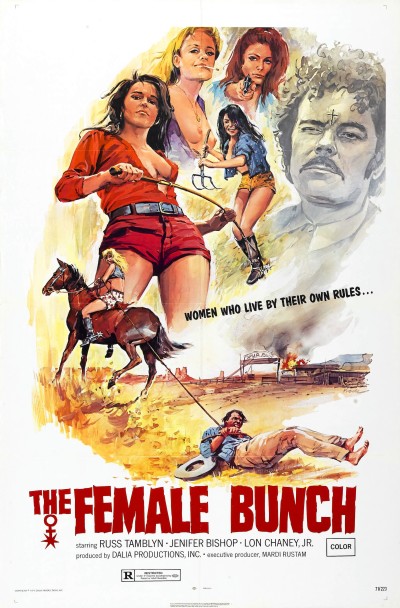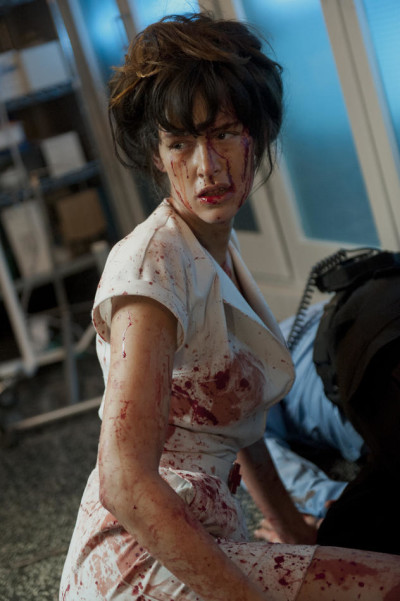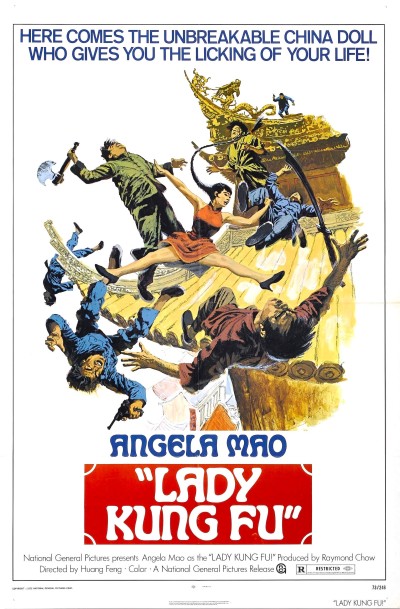★★
“A two-year round-the-world voyage. Filmed, apparently, in real time.”
 What were you doing when you were 14? Going to school. Hanging out with friends. Being highly irritated by your parents. That’s probably fairly close. I’m quite sure the answer isn’t “spending two years sailing around the world by yourself.” Which would be Laura Dekker’s answer. The film chronicles her single-handed sailing expedition, as well as the path of her life which led her to the epic voyage, and the battle against the Dutch government, who considered the trip dangerous, and wanted to remove Laura from parental custody as a result. [That aspect reminded me of Ready to Fly, where the women ski-jumpers also had to go to court as part of their battle for acceptance]
What were you doing when you were 14? Going to school. Hanging out with friends. Being highly irritated by your parents. That’s probably fairly close. I’m quite sure the answer isn’t “spending two years sailing around the world by yourself.” Which would be Laura Dekker’s answer. The film chronicles her single-handed sailing expedition, as well as the path of her life which led her to the epic voyage, and the battle against the Dutch government, who considered the trip dangerous, and wanted to remove Laura from parental custody as a result. [That aspect reminded me of Ready to Fly, where the women ski-jumpers also had to go to court as part of their battle for acceptance]
The bulk, however, is about the trip itself, with the on-board footage all filmed by Dekker herself, for obvious reasons connected to the word “single-handed” – fortunately, my fears of sub-Blair Witch shakycam proved unfounded. The main problem is the almost complete lack of any drama here. Maybe there’s more if you are a sailing enthusiast, but about as exciting as it gets, is a bit of rough weather and a bird that takes refuge on the deck. The only narrative tension is Laura’s decision to switch from sailing under the Dutch flag to that of the country where she was born (on a boat), New Zealand. I appreciate that you can’t manufacture drama where none happened, but this seems less like the taxing and potentially lethal endeavour it would seem to be, and more like a jaunt around a village pond on a slightly-overcast Saturday afternoon. One bit of ocean blends into another, and perhaps the most interesting parts are during Dekker’s sometimes lengthy stopovers en route, where she explores the local landscape.
Dekker herself generally comes over as remarkably mature for her age – 14 when she started, 16 by the time she completed the circumnavigation – albeit occasionally a bit bratty. That’s perhaps exacerbated by her basically fending for herself for two years, though if you’ve raised a teenage girl, you’ll know that’s pretty much par for the course, and any self-centredness is backed by an ability to handle whatever the world throws at her, well in excess of that possessed by a normal adolescent. However, nor is there much sense of character development, and you don’t get any sense the Laura you see at the end was changed in any significant way by her experience. The film definitely needs to dig deeper into what makes Dekker tick, and the apparent failure to do so, leaves it as not much more than a shallow, if pretty, travelogue. The heroine deserves a bit better.
Dir: Jillian Schlesinger
Star: Laura Dekker




























